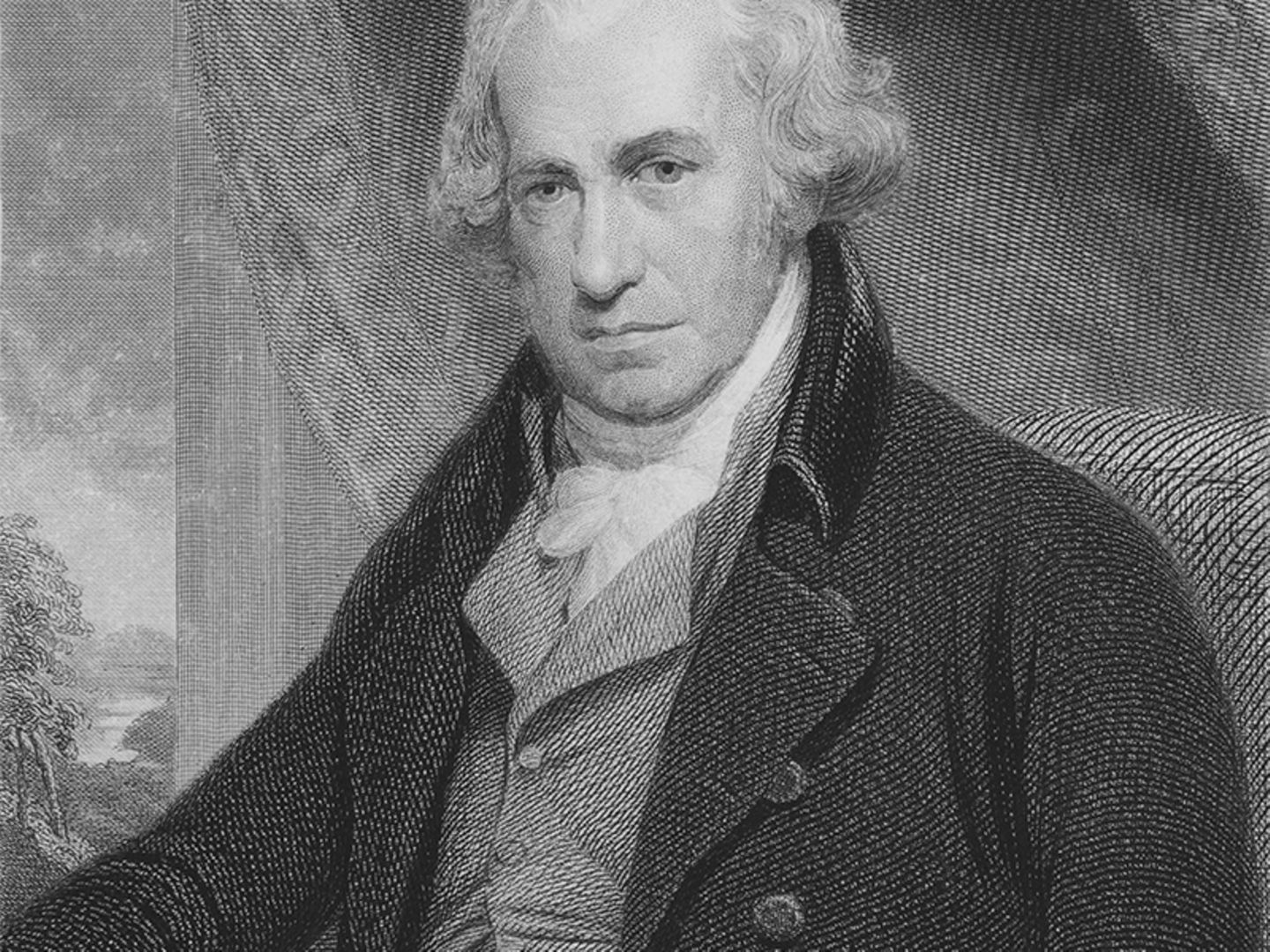
Introduction
James Watt, a Scottish inventor and mechanical engineer, is celebrated for his pivotal role in the development of the steam engine. His enhancements to the steam engine in the late 18th century played a critical role in the onset of the Industrial Revolution, marking a significant leap in mechanical productivity and efficiency. Understanding his contributions is vital not only in terms of historical engineering advancements but also in appreciating how they set the groundwork for modern industry.
Watt’s Innovations
Born in Greenock, Scotland, in 1736, James Watt initially trained as a mathematical instrument maker. His career took a decisive turn in 1764 when he encountered an early version of the steam engine, designed by Thomas Newcomen. Watt noticed significant flaws in this design, particularly its inefficiency. His solution involved creating a separate condenser, which allowed the engine to conserve energy effectively and operate more smoothly. By 1776, Watt had patented his innovative steam engine design, which proved highly successful in various industrial applications, including mining and manufacturing.
The Impact of Watt’s Work
Watt’s steam engine drastically transformed industries. With greater efficiency, manufacturers were able to produce goods at an unprecedented rate, which contributed significantly to urbanisation and economic growth in Britain. His collaboration with industrialist Matthew Boulton through their company boiled down to producing and installing steam engines for various industries across the UK and beyond.
A Lasting Legacy
The significance of James Watt’s work extends beyond the steam engine. His methods of measurement, such as the horsepower unit, revolutionised how energy and power were understood and quantified. The term ‘Watt’ as a measure of electrical power was later named in his honour, signifying his lasting impact on both mechanical and electrical engineering fields. Furthermore, Watt’s advances laid foundational principles for various subsequent technologies that shaped the modern world.
Conclusion
James Watt’s legacy is one of innovation and transformation that continues to resonate today. As nations worldwide grapple with energy efficiency and sustainable technologies, the principles embedded in Watt’s inventions remain relevant in shaping contemporary engineering challenges. Understanding his contributions helps highlight the pivotal role of innovation in driving societal progress, inspiring upcoming generations of engineers and inventors.
You may also like

The Evolution and Impact of Apple iPhones

Spotlight on Strand Larsen: Innovating Maritime Solutions

Understanding the Importance of Rayleigh Weir
SEARCH
LAST NEWS
- Remembering Wendy Richard: The Promise to Co-Star Natalie Cassidy
- How Did Anglian Water Achieve an ‘Essentials’ Rating for Mental Health Accessibility?
- Shai Hope Leads West Indies in T20 World Cup Clash Against South Africa
- What We Know About Weston McKennie: Future at Juventus and Past at Leeds
- What We Know About the Upcoming Live Nation Antitrust Trial